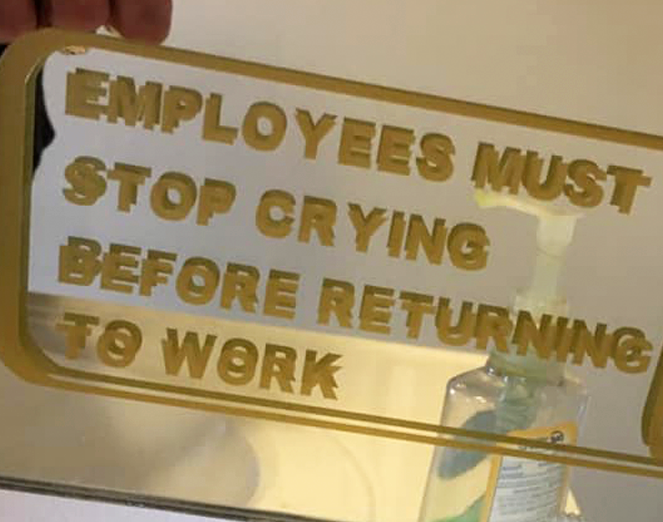cross-posted from: https://lemmy.ml/post/11497758
This coffee shop uses AI to measure the productivity of their employees and the time spent in the shop per customer. Welcome to capitalist innovation.
Not terrible if they intend on using this data to improve their services, but I have a feeling they’re going to use it to tell customers to gtfo after a certain amount of time and fire employees who don’t hit quotas. Neither of these improve their services, but they will improve short term profits.
So fucking sick of the AI circlejerk.
This is just the machine learning-powered pattern recognition we’ve had for at least a decade now.
AI has become an umbrella term, but this isn’t new tech.
I don’t buy into the claim that quantifying performance is bad for employees. It prevents low-performers from free-riding on the productivity of high-performers.
You are not taking into account that someone who sells fewer cups may be better at customer retention through personalized service. Unless this is at an airport or something where service doesn’t matter, it’s a pile of Elon.
‘John is kind of an ass and he messes up orders sometimes but, he’s really fast. Joan is a bit slow, but she cares and it’s always right’.
This is a shit metric and I would not patronize a place like this.
That’s a good point, although I presume the same technology could be used to monitor customers and collect statistics about whether the identity of the server affects the probability that a customer will return.
Metrics can be dangerous because if people are rewarded according to a metric, they’ll work to maximize their score, which might not be what the actual purpose of their job is. However, I don’t think that’s a reason to assume that metrics are worse than no metrics.


